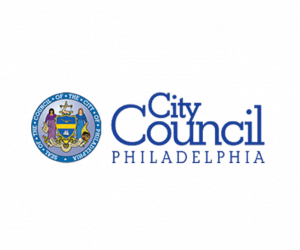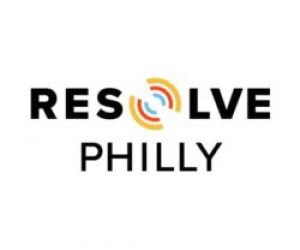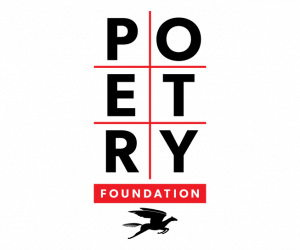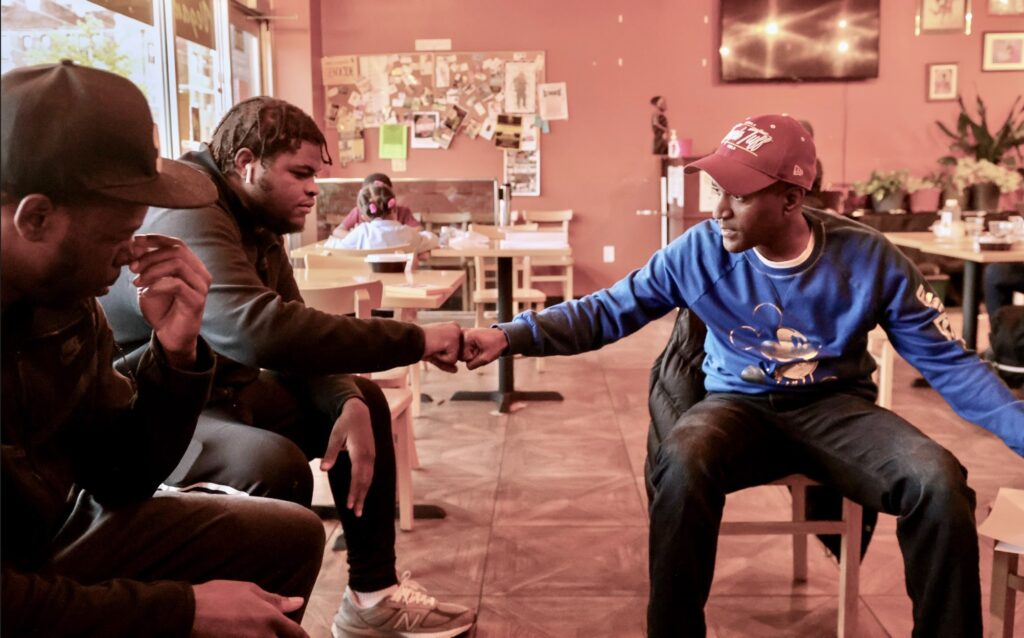
Editor’s note: This Is a personal perspective essay written by Love Now Media contributor, Tyson Waters.
Have you ever wondered why Black and Brown men would rather show a mean mug than show acts of kindness? Or why they feel the need to impress their friends even if it means ruining healthy relationships with their significant other? I recently attended several workshops with Black men and teenagers where those kinds of questions came up. They were “Heart of the Story” sessions where the men and teens discussed gun violence and explored its causes, impact and solutions. I walked in as a reporter assigned to cover the sessions, but the discussion became too personal for me to sit there as a detached observer. I was drawn in by the raw emotion participants expressed and had to take advantage of a safe space Black men don’t often encounter.
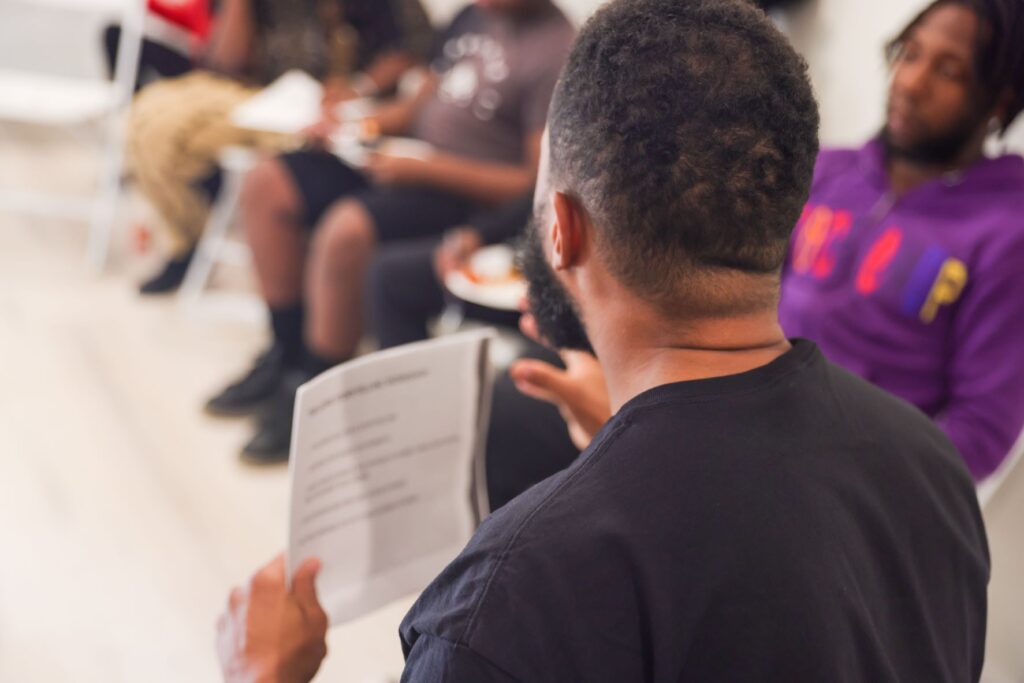
I participated in the discussion which explored ways men in urban communities experience love and what vulnerability means to them. From what I have seen and experienced, fear of vulnerability keeps men of color in urban communities trapped in a cycle of destructive generational habits. When someone refuses to be vulnerable because of social pressures, it can lead to mental health and relationship issues.
Stressors such as poverty, poor education, hyper-sexuality, school violence, housing insecurity, heavy police presence, and the over-stimulation resulting from all of that play a part in shaping how a man believes he must carry himself in his environment.
“Being a Black man in America means being my brother’s keeper while keeping a distance from my brother because I don’t trust him further than I can see him. It’s believing the cops don’t care about you. It’s learning how not to doubt yourself because when you’re born everyone else already does.” — Poet Prentice Powell, written following the fatal police shooting of Michael Brown in Ferguson, Missouri, in 2014.
Growing up, being told the world doesn’t love you and never to wear your heart on your sleeve or show emotion only exacerbates what keeps men trapped in this cycle. The external factors youth are exposed to alter their sense of reality because they are confronted with life-altering issues before they are mature enough to understand or deal with them. When they learn how to address past traumas and communicate effectively in relationships, they will change the stigma of what it means to be a man of color in an urban environment. Rather than focusing on maintaining a social image, men need to focus their energy on maintaining a self-image. Far too often, men of color are told how they should operate in the world. Constant reiteration of how a man from an urban community should present himself to the world impacts his psyche, convincing him to believe that anything else he aspires to be in life is not worth pursuing.
The layers of psychological shaping begin with family interactions and are fueled by media images and reinforced by societal perspectives. From a young age, boys are taught to be aggressive and show little to no emotion, so they will not appear feminine. This puts mental and emotional pressure on them to live up to standards that impress the people they look up to — which during childhood includes their fathers and male figureheads. As boys grow up, the pressure intensifies. During adolescence, teenagers start to understand life and notice things in their environment.
Sadly, in predominantly Black urban communities, there’s a higher chance of being influenced by negativity than positivity. In the 2019 song, “Finer Things” rap artist, Polo G said, “it wasn’t no heroes, so we looked up to the villains.”
That line resonated with many Black males in that environment because it was relatable. It was essentially a cry for help to get people to understand the predicament in which Black men in urban communities often feel trapped. They want to be better, but their fate feels sealed as they learn to see themselves and their possibilities through the toxic lens many people see them through, rather than a lens of love. There are a lot of young kids who yearn to be their true selves but face the uphill battle of fighting what society tells them they should be – strong, unemotional and in need of no one’s help.
Jim’aar Jackson, a teenager from Camden, NJ, is living proof of what can happen when a man dares to be different in an environment that does not openly support his life or choices. He enjoys wearing creative styles, like ‘Pokémon’ themed onesies and carries a ‘Shadow’ book bag from the popular animated series, Sonic the Hedgehog. His favorite piece of jewelry is his Cuban link-style choker necklace.He is viewed as too feminine in a community where maintaining a traditional masculine image is important. He hopes his decision to live out loud inspires Black children facing similar judgment to honor their truth and be unapologetically different.
Toxic masculinity takes on many forms that some men don’t recognize as inappropriate because it’s a perspective they’ve been taught. But this thinking impairs their ability to think in healthy ways about their emotions, relationships and healthy social norms. Toxic masculinity is defined as a cultural concept of manliness that glorifies emotionless stoicism, sexual virility, strength, and dominance, and is socially maladaptive or harmful to mental health. In this twisted reality, a man is deemed soft and not a “real man” if he’s not stoic, dominant and virile. This is complicated further by masculinity being an ongoing process: boys and men never “achieve” masculinity, but rather must continually maintain it. Masculine strategies include “claiming privilege, eliciting deference, and resisting exploitation” (Schrock and Schwalbe 2009, 281).
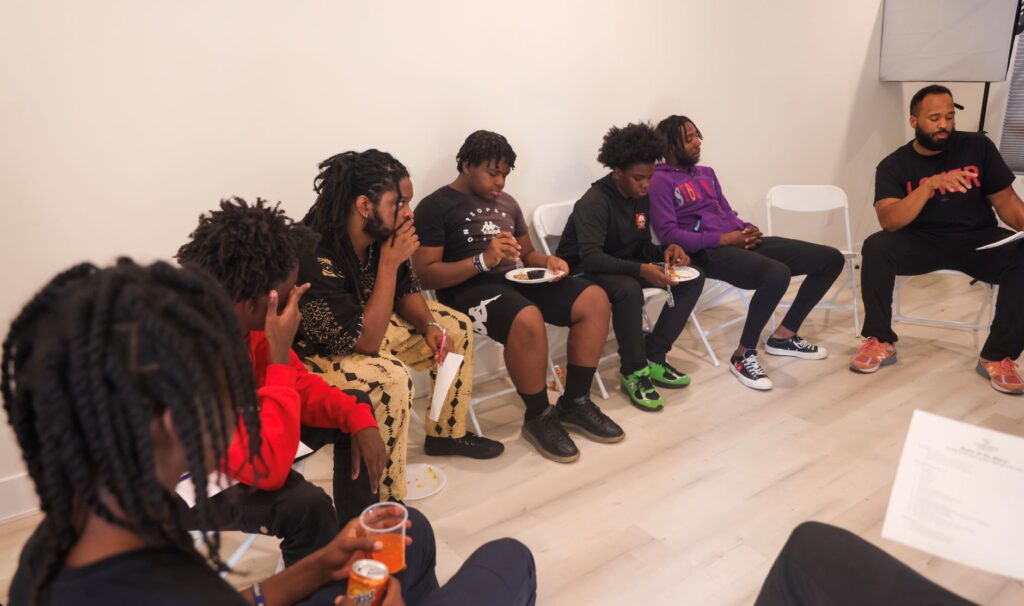
The topic of masculinity is fluid & ever-changing. As time progresses, the standard of masculinity transforms. This is due, in part, to factors that determine how people view masculinity – including age, race, class, sex and sexuality. An example of small-scale toxic masculinity would be avoiding carrying an umbrella to shield the rain because tough men deal with the weather. On the other end of the spectrum, toxic masculinity can be as self-destructive as deferring going to the doctors when health issues arise to display toughness. Masculinity can ride a thin line between what is toxic and what is healthy. Self-sufficiency, for example, is necessary for adulthood. But it can be toxic when it doesn’t allow you to depend or lean on someone else for something that’s needed.
One place it seems toxic masculinity does not always rule is within healthy, intimate relationships. There, men can safely be vulnerable, opening up about things they normally keep bottled inside, and instead, work through challenging emotions. Something as simple as being vulnerable can go a long way toward clearing confusion, strengthening trust and discovering things about oneself. When you relinquish your fears and allow your partner deeper into your intimate space, the relationship has a better chance of flourishing because there’s a new level of understanding.
However, learning to be vulnerable isn’t easy, especially when societal standards say being vulnerable equates to being weak. For example, telling a boy to “man up” when showing emotion produces damaging behavior in young men. Many boys are taught to be “tough” and “strong,” but who’s to say being vulnerable isn’t a form of strength or toughness? Truthfully, the amount of courage it takes to share that you’ve been hurt by someone you trust is one of the toughest things a man could do. Hiding behind a wall to protect a weakness is itself a weakness. Letting your guard down for a better outcome is, in fact, bravery.
So how can somebody learn to let go? By understanding what it means to be your authentic self. Realizing there’s no shame in being yourself and sharing your vulnerable truth. Sharing your truths helps build the confidence to share it more often and eventually all the time. Surrounding yourself with love, support and positivity is one of the most important steps in the process. It can help men shift from a fear of being vulnerable to embracing it.
Dr. James Wadley, Ph.D., chair of Counseling and Human Services at Lincoln University, believes vulnerability is key to being emotionally intelligent and building relationships. Dr. Wadley advises that teaching boys how to be vulnerable should begin when they are very young. He says, “It doesn’t [happen] because most parents in these communities don’t know how to teach it.” For adults, Dr. Wadley suggests, “Therapy works well in teaching emotional intelligence on how to articulate feelings.” He indicates boys who fail to learn how to be vulnerable typically develop detachment issues that lessen the chance of having close relationships as men because they fear someone discovering who they truly are.

Learning to be okay with being vulnerable is essential for Black men in urban communities because it helps them better handle conflict. Instead of turning to violence or unhealthy coping mechanisms, men who can be vulnerable seek peaceful solutions.
The safe “Heart of the Story” workshop spaces created by Love Now Media are needed in urban communities. They offer Black men and teens a judgment-free safe space for unpacking feelings on various topics like love, family circumstances and conflict management. It affords a space to learn to be vulnerable and strong at the same time. Even with the societal stressors of poverty, this would be a game-changer for Black men, their families and communities – especially those now being wounded directly or indirectly by gun violence.
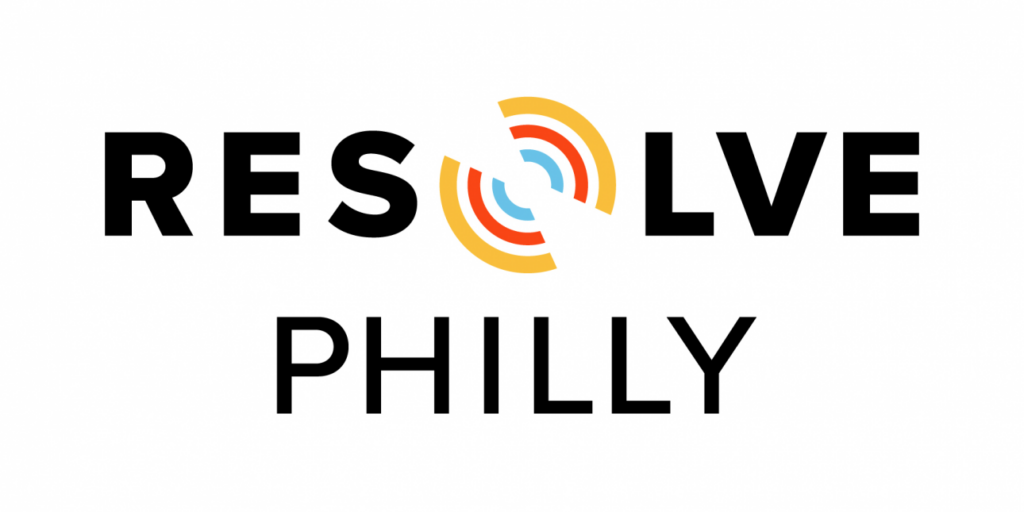
Love Now Media is one of more than 26 news organizations collaboratively reporting on solutions to poverty and Philadelphia’s push toward economic mobility. You can find other stories in the series here.




